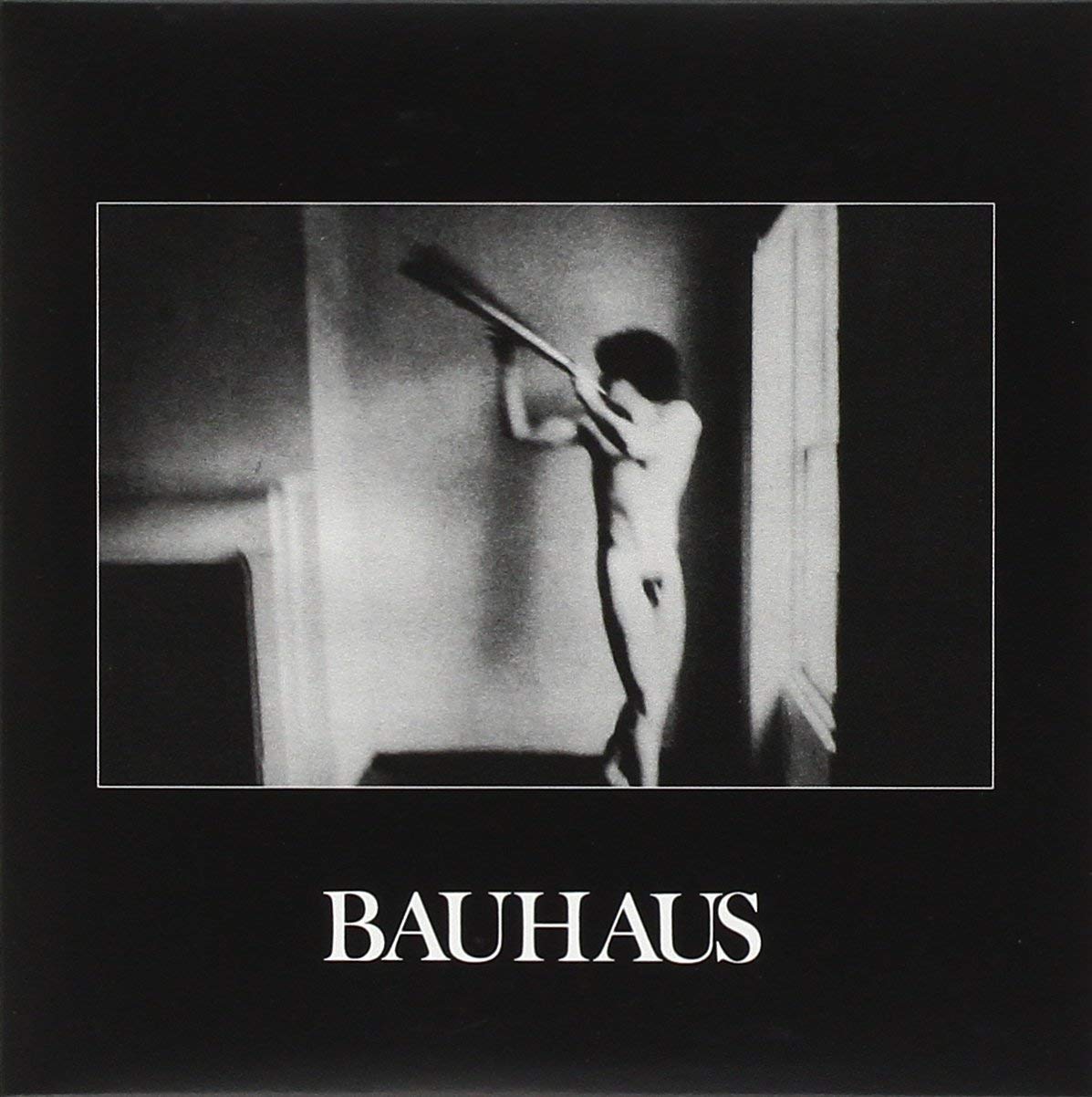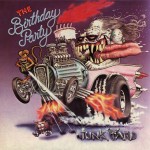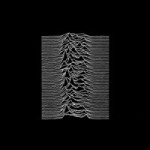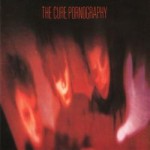Bauhaus : In the Flat Field

Nobody did goth better than Bauhaus. The theatrical UK post-punk group left some massively big shoes to fill when they broke up in the early half of the Reagan decade, and goth-rock hasn’t been the same since. Their contemporaries The Cure are the biggest band ever to emerge within the movement, and for that matter, they produced the greatest run of albums of pretty much any post-punk band. Bauhaus, however, embodied not just the gloom but the complete presence of gothic rock, combining the abrasive sound of punk with the theatricality of glam and a penchant for the dark, the spooky and the disturbing. All of these traits were poured into the Northampton band’s debut, In the Flat Field, a harrowing and intense set powered by Kevin Haskins and David J’s brooding low end, Daniel Ash’s screeching guitars and the charismatic, at times seemingly possessed vocals of Peter Murphy.
In the Flat Field is the rare album with the unique adrenaline-rush flow of a great live set. Beginning with the moaning drone of “Double Dare,” Bauhaus slowly pull the listener in, as if to create some sort of trance. Not content to merely pummel from the get go, it’s a sultry lure, yet a brutally ugly one, as “Double Dare” is a raw and choppy rocker that almost took the opposite approach to the fast-moving single that preceded the release of the album, “Dark Entries.” From there, however, the pace quickens, the album heats up and the phantoms begin to emerge from the woodwork in the title track. Daniel Ash’s guitar riffs howl and scream in one of the most frightening melodies ever recorded, while Peter Murphy shouts the unforgettable chorus, “I get bored/ I do get bored/in the Flat Field.”
There were more stylish noir moments, such as the John Barry punk rock of “God in an Alcove” or the bare bones dirge “A Spy in the Cab,” both essentials in the Bauhaus canon. Yet the majority of In the Flat Field consists of twisted, glam-inspired post-punk raveups, seldom straightforward but mostly accessible and infectiously melodic. Bauhaus were all about a visceral experience, and in the spastic no wave jam “Dive,” that’s exactly what the listener got. Though on a track like “St. Vitus Dance,” they did it not only with amps on 11, but with a sense of humor as well, an underrated trait among goth’s major players. Cheekily describing a “dance” with allusions to the disease from which the song is named, Peter Murphy sings, “Back in the good old days when dancing meant exploding/ the idea was simple for a decent overloading.” It’s the perfect complement to Ash’s Mick Ronson-inspired riffs and J’s bizarre filtered bassline. Likewise, “Stigmata Martyr” with its descending riffs and guitar scratches make a disconcerting bed for Murphy’s screaming in Latin tongues.
As great as they delivered on In the Flat Field, Bauhaus added more songs to the 1998 reissue, which turn a solid studio effort into something closer to a great singles compilation. Their cover of T. Rex’s “Telegram Sam” is hard to beat, as is their cover of John Cale’s “Rosegarden Funeral of Sores” and single “Terror Couple Kill Colonel.” Still, the most peculiar addition is not at the end of the album, but at the beginning, as “Dark Entries” is the opener for the re-release. Though one would almost hate to mess with the original, it actually makes for a great, rocking beginning to an essential album. Whatever shape In the Flat Field takes, it’s as good as gothic rock gets.
Label: 4AD
Year: 1980
Similar Albums: The Birthday Party – Junkyard
The Birthday Party – Junkyard Joy Division – Unknown Pleasures
Joy Division – Unknown Pleasures The Cure – Pornography
The Cure – Pornography
Bauhaus : In the Flat Field
Note: When you buy something through our affiliate links, Treble receives a commission. All albums we cover are chosen by our editors and contributors.
Jeff Terich is the founder and editor of Treble. He's been writing about music for 20 years and has been published at American Songwriter, Bandcamp Daily, Reverb, Spin, Stereogum, uDiscoverMusic, VinylMePlease and some others that he's forgetting right now. He's still not tired of it.

